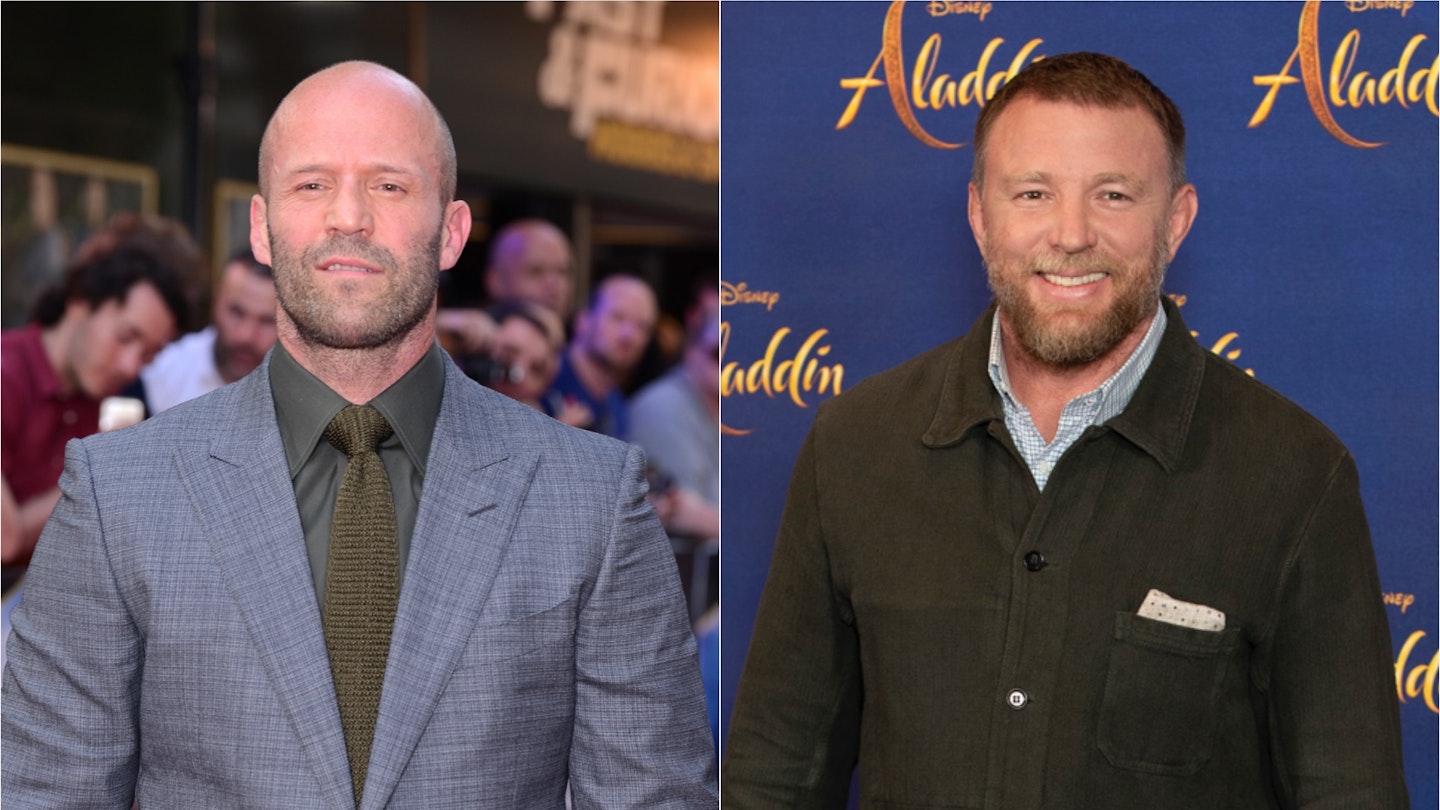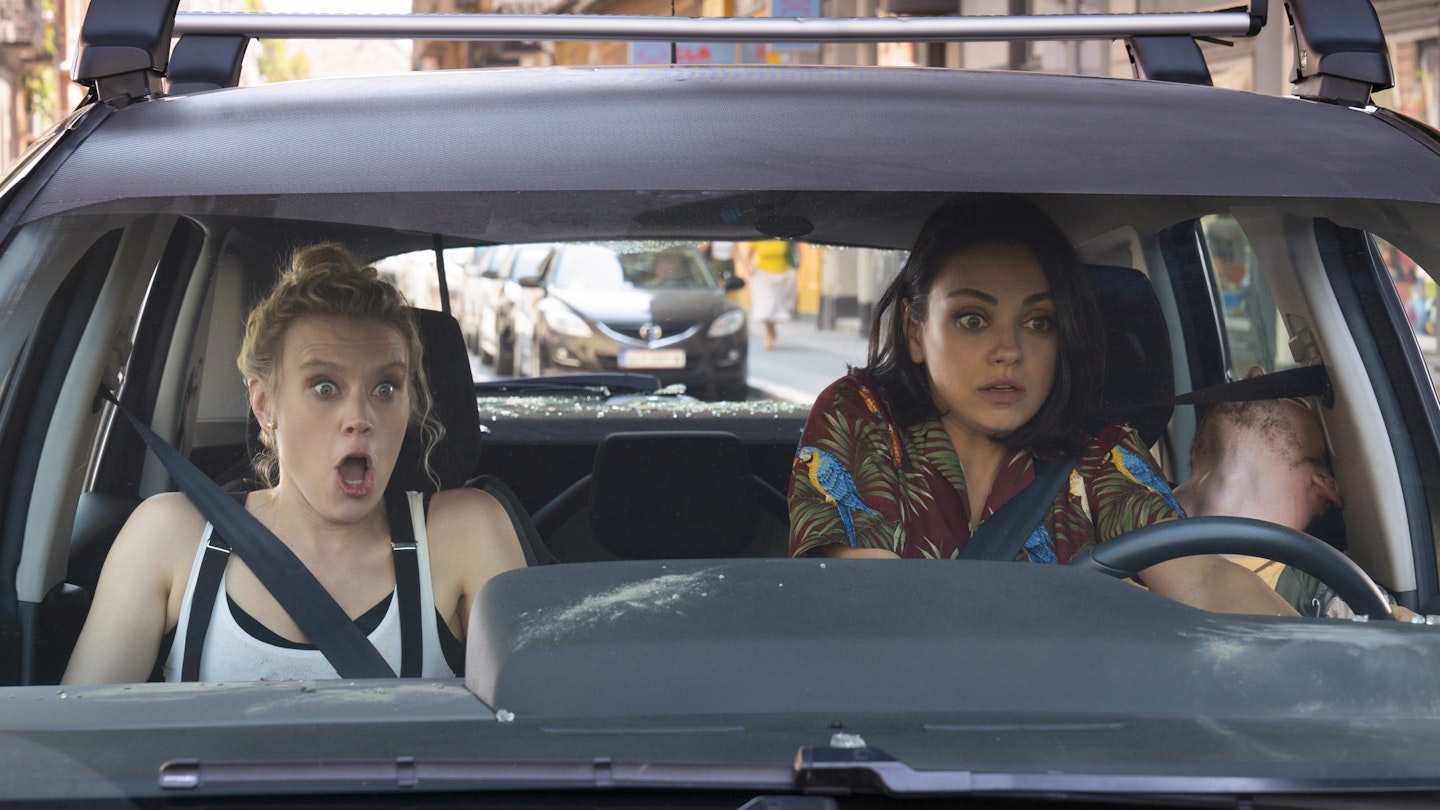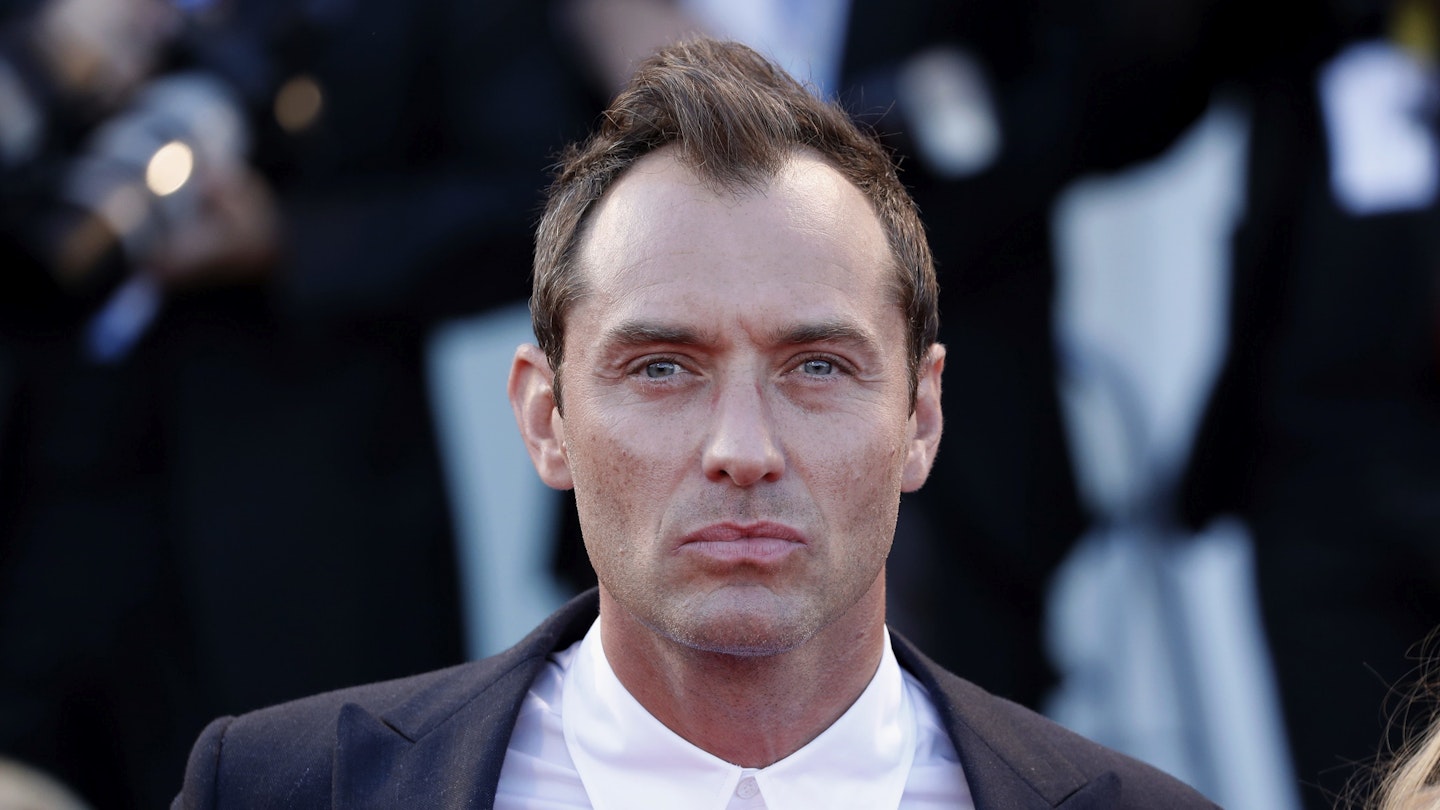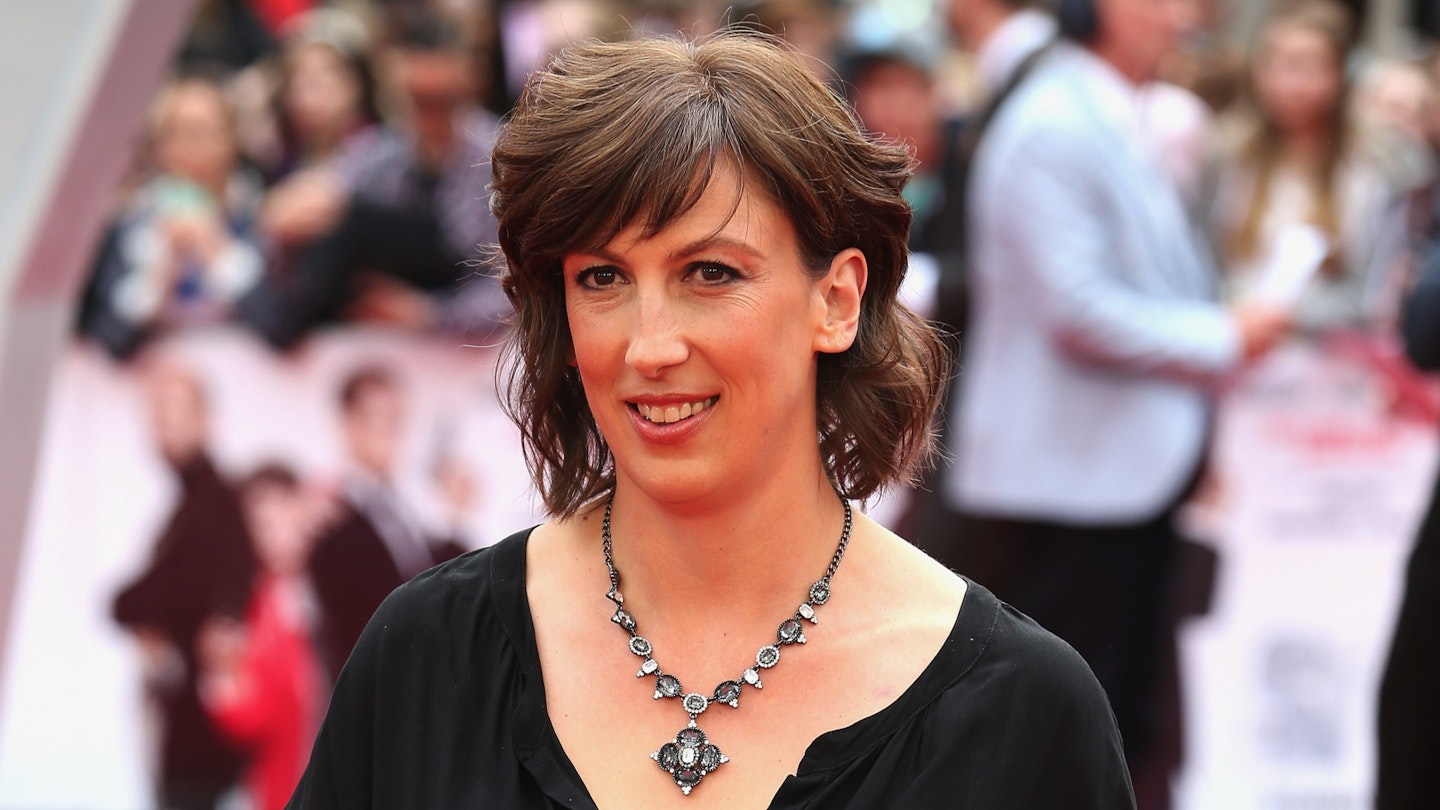After a string of films that have expected her to provide far more laughs than the screenwriter, Spy is finally the movie that Melissa McCarthy deserves. Not only is it easily the funniest thing she’s appeared in since 2011’s Bridesmaids, and in possession of proper plot with an ending and everything, it finally throws out the dog-eared rulebook for movies featuring actors over sample size, which decrees that bigger people on screen should be clumsy and at least a little bit sad. Instead, Spy makes McCarthy a proper kick-ass action hero. She’s not some Johnny English bungling her way to accidental victory, she’s more Jason Bourne gradually awakening dormant skills, but with much snappier kiss-off lines and a lot more crotch-kicking. It deserves huge applause for that alone.
Initially McCarthy’s Susan fills the expected sad-sack role. Assistant to a Bond-alike spy (Law), she is stuck behind a desk, whispering helpful instructions into his earpiece and nursing an unrequited crush. She’s a woman who is assumed to own cats, even though she doesn’t. She gives off a tragic whiff and panics in sophisticated company. Once she’s pushed out into the field to track the villain, however, Spy starts to pull that apart. Susan is shown to be excellent at her job and Paul Feig stages some action sequences that wouldn’t shame a more traditional blockbuster franchise. They’re still very much comedy-based (when Susan is attacked with a knife, she fights back with a frying pan; after a dramatic chase that ends in an agent’s death, she nervously vomits on the mutilated body) but they’re not purely in it for laughs. After three films together, Feig and McCarthy have very satisfyingly clicked as a creative team.
The supporting cast is a kick. Law gets to send up the Bond role, something he could very well have played in his younger days; Allison Janney fills her boots as the angry head of the agency and Statham, frankly, should only ever play this role for the rest of his life. As a secret agent with a reputation for being a brilliant rogue, but actually possessing all the subtlety and guile of a toddler with a dressing up box and a death wish, he is flat-out hilarious. A spin-off would not be surprising. The villains, Rose Byrne and Bobby Cannavale, are less strong, with no issues in delivery but mostly playground-level insults instead of proper jokes. But the rule that a spy movie is only as good as its villain doesn’t really apply here. This one is only as good as the gags, and they are world-beaters.







